Traditionally, the demand for exotics in Europe is much lower in summer than in winter. "Quite remarkable actually", notes Peter van Teeseling of Bel Impex. "Take sweet potatoes, for example: they fit perfectly into a barbecue meal, but when the weather is nice for barbecuing, the demand immediately stagnates. This is different in the countries of origin, where sweet potatoes are preferred prepared on the barbecue. This is a unique opportunity for the sector!"
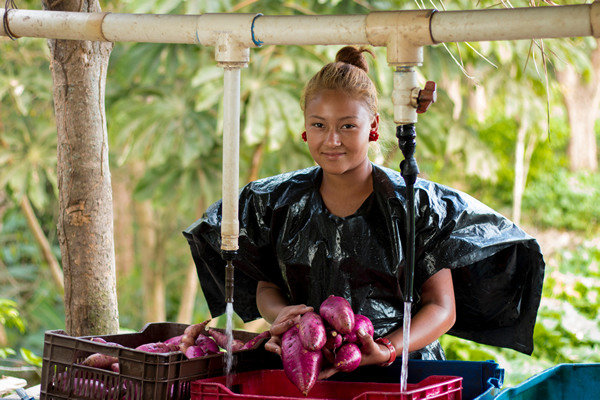
"You also have exotics that do especially well in the summer, such as young coconuts. However, these sales are currently under pressure, partly due to the lack of events and the expensive sea freight. Other exotics are doing well again at the moment. Thus, there is increasing interest in flavourings in the market. Turmeric has been popular for a number of years, but the demand for flavourings such as pandan and laos has also increased sharply recently. Society is becoming more multicultural and we are therefore appealing to an increasingly broad public."
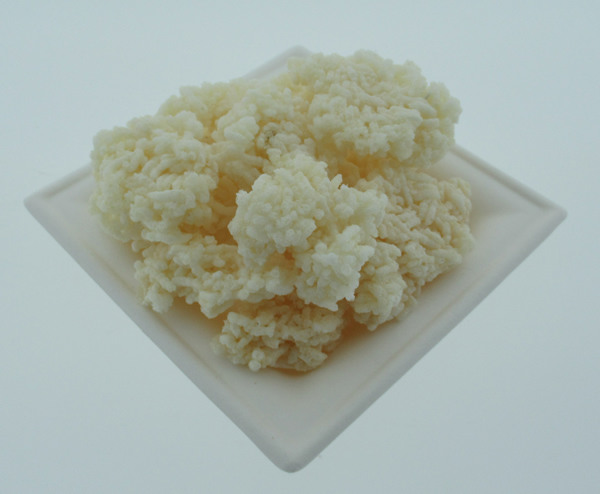
With its extensive range of exotics, the Nootdorp-based exotic foods specialist focuses mainly on large supermarkets, ethnic retail, fresh produce traders and wholesalers in the ethnic channel. "Traditionally, the food service sector has been less represented in our sales, but in recent years we have also seen new demand from this sector," says Peter. The exotic specialist has also added more Dutch products to its range. "For example, we have entered into a collaboration with a pepper grower in the region. That demand continues to grow well. The same applies to typical Asian leafy vegetables from the Dutch greenhouses, such as Choi Sam and baby pak choi."

Incidentally, according to Peter, getting into new Dutch crops is no mean feat. "We are working very actively on this, including in working groups at Wageningen University. But the products for the mainstream channels are often still in the growth phase. It is therefore quite a challenge to set up these cultivation projects, without it costing too much. We are actively looking for supporting customers to kick-start products"
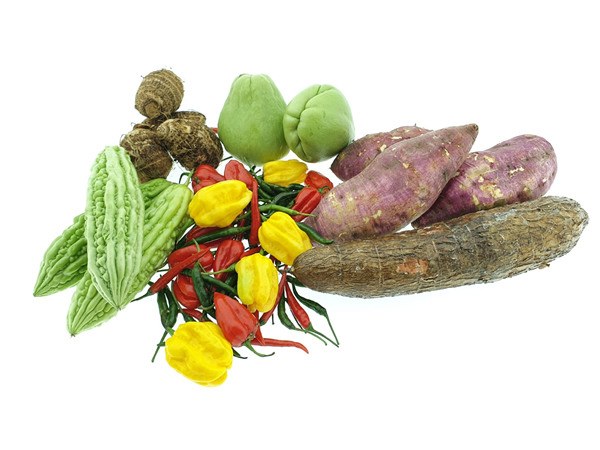
"For example, we have a partnership with a vertical farm of Thai herbs, among others. The process is spot-on and we really believe in the future of sustainable and fairly grown products. No pesticides are used, the herbs are available all year round and their shelf life is extremely good. However, the cost price is still above that of regular herbs from Thailand. At the moment, the bulk of the volume is therefore still in the ethnic channel, which prefers the traditional countries of origin and is also very price-sensitive. I expect that the real breakthrough will therefore have to wait until the regulations have changed so much that there is simply no alternative."
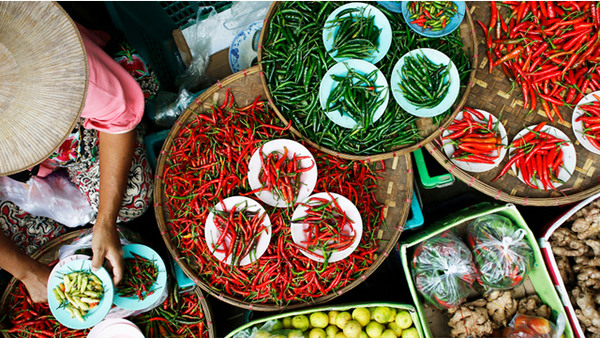
"Furthermore, we see the demand for certified products increasing enormously. We already offer fully certified plantains, for example, and we are now also conducting a test to introduce the yellow variant to the market. We are also seeing more demand for certified products in niche products such as guava and jackfruit. We also regularly receive demand for organic exotics, but the overall sales are still limited because the market is only willing to pay a little extra for them. There are also many cultivation companies that already cultivate according to organic standards, but that cultivation is then so small-scale that there is no business case for certifying the products organic."
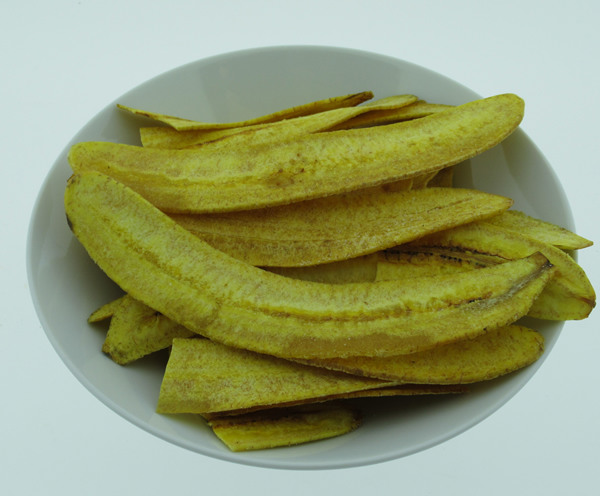
Banana chips made according to an old family recipe
Another popular item are the banana chips. "Since this week, we have started a new line, which is specially aimed towards the vegetable department. We are the exclusive distributor of these banana chips. We import the plantains from Colombia, but they are peeled and sliced by hand in the Netherlands, after which they are baked according to an old family recipe. These bananas are cut somewhat thicker along the length, which results in a unique bite and texture. We see great opportunities for this new product, particularly for the wholesale of fruit and vegetables, but also for food service and retail. The positioning on the fresh produce shelf is an important factor in the success of these crisps. Especially because the banana is easily recognisable in the final product, so the association with fruit is quickly made!"
For more information:
Peter van Teeseling
Bel Impex 
Stoomweg 4
2631 RR Nootdorp
+31 (0)6 14 88 42 90
peter@belimpex.nl
www.belimpex.nl
